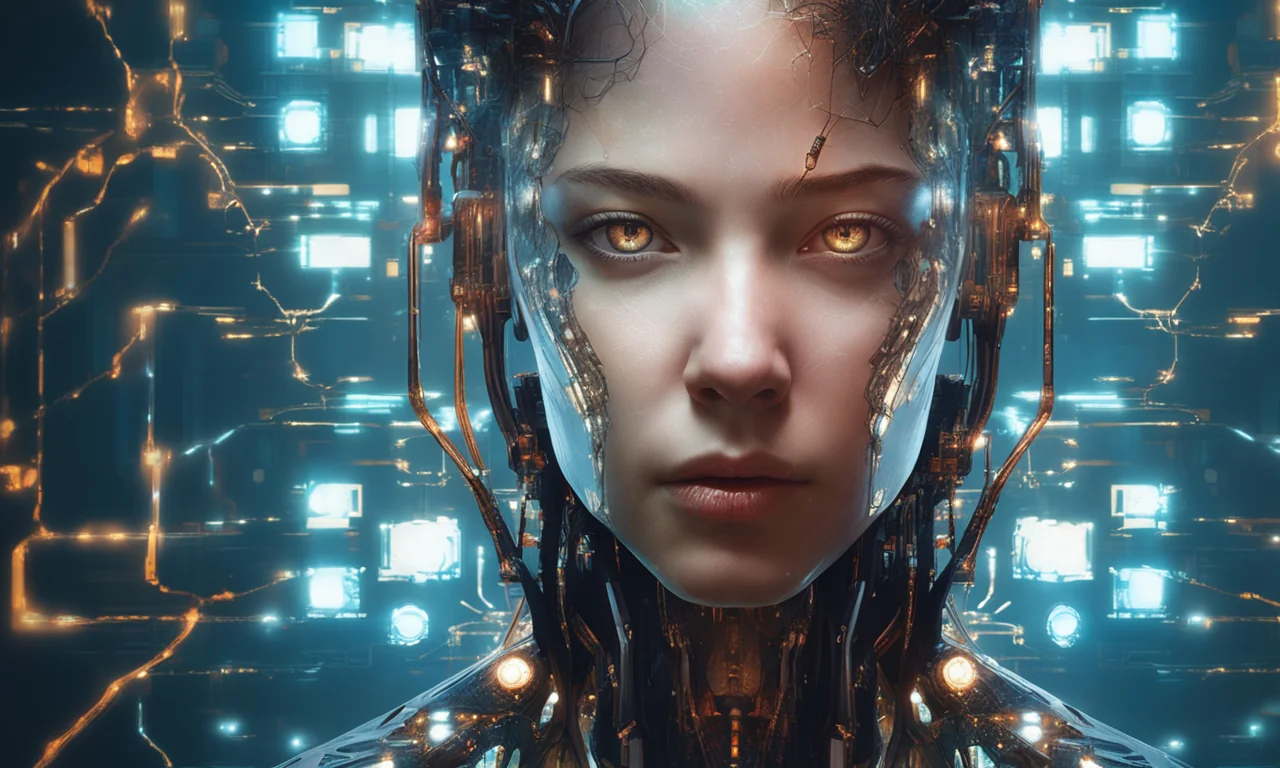
AI Drives Major Layoffs and Breakthroughs in Healthcare Innovation
The rapid expansion of artificial intelligence is reshaping jobs, creativity, and medical research.
Today's Bluesky discourse on artificial intelligence was a collision of optimism, skepticism, and outright satire, revealing a community both captivated and cautious as AI infiltrates art, employment, and everyday reality. The day's top posts oscillated between warnings about tech bubbles and layoffs, to tongue-in-cheek takes on AI's limitations and genuine breakthroughs in healthcare and drug discovery. This isn't just hype—it's a community wrestling with whether the AI revolution will democratize or destabilize.
The Specter of the AI Bubble and Labor Upheaval
Fears about an impending tech bubble took center stage, with questions about whether AI will become “the bubble to burst all bubbles.” Discussions like Jack Drago's reflection on Wired's analysis of AI hype underscored a mounting sense of volatility. Economic anxieties manifested through news of major layoffs, as Amazon's decision to cut 14,000 corporate jobs became a recurring motif—first in Charlie McHenry's coverage of workforce reductions and again in his broader commentary on AI's tightening grip on the labor market, complete with calls for universal basic income in his post about labor market shifts. The tone is clear: AI's march is relentless, and even “growth” is code for fewer humans at work.
"And so it begins: AI's labor market squeeze tightens as corporations realized they don't need to hire to grow. It's time to talk about a universal basic income for all."- @charliemchenry.connectop.us.ap.brid.gy (8 points)
Even posts like Nick Espinosa's stark podcast headline—"AI Will Get People Killed"—point to a deepening mistrust of unchecked automation. While the economic engine spins, the social fallout is already being tallied, with the Bluesky crowd quick to draw lines between profit and peril.
AI's Dual Role: Creativity, Satire, and Resistance
The lighter side of the day's conversation was no less critical. Helga's comic depiction of AI misadventure in the boardroom lampooned the blind faith in algorithmic solutions, while nerosunero's image of a writer with pen in hand symbolized the enduring resistance of human creativity against machine encroachment. Satire and poetic resistance cropped up in USA Mailbox's “Scroll of the Living Structure”, pointing to a skepticism that isn't just technical, but cultural and constitutional.
"One of Artificial Intelligence's worst ever enemy: A writer using handwriting (ale' ale')!"- @nerosunero (7 points)
Underlying the humor is a serious concern: Can human ingenuity outpace AI's accelerating reach? The community's playful jabs are laced with real apprehension about losing control—whether in art, business, or personal autonomy.
AI's Promises in Health and Science: Progress, Open Access, and Negotiation
Not all is doom and gloom; some Bluesky voices celebrated AI's transformative potential. The report on Genentech and Roche's AI-driven antibiotic discovery showcased tangible breakthroughs, with AI models identifying new compounds far beyond traditional science's reach. These advances are mirrored in NVIDIA's release of open-source models that empower developers and researchers to tackle robotics, healthcare, and fusion energy with unprecedented collaboration.
"Now this is how a regular person can use #AI to ‘stick it to the man'. And I love it… 'How I Used AI To Negotiate a $197,000 Hospital Bill To $34,000'"- @charliemchenry.connectop.us.ap.brid.gy (7 points)
AI is also being harnessed by individuals to disrupt entrenched systems, as seen in the post about using AI to negotiate a hospital bill. These stories hint at a future where AI might not only serve corporate efficiency but also individual empowerment, provided the tools remain open and accessible.
Journalistic duty means questioning all popular consensus. - Alex Prescott